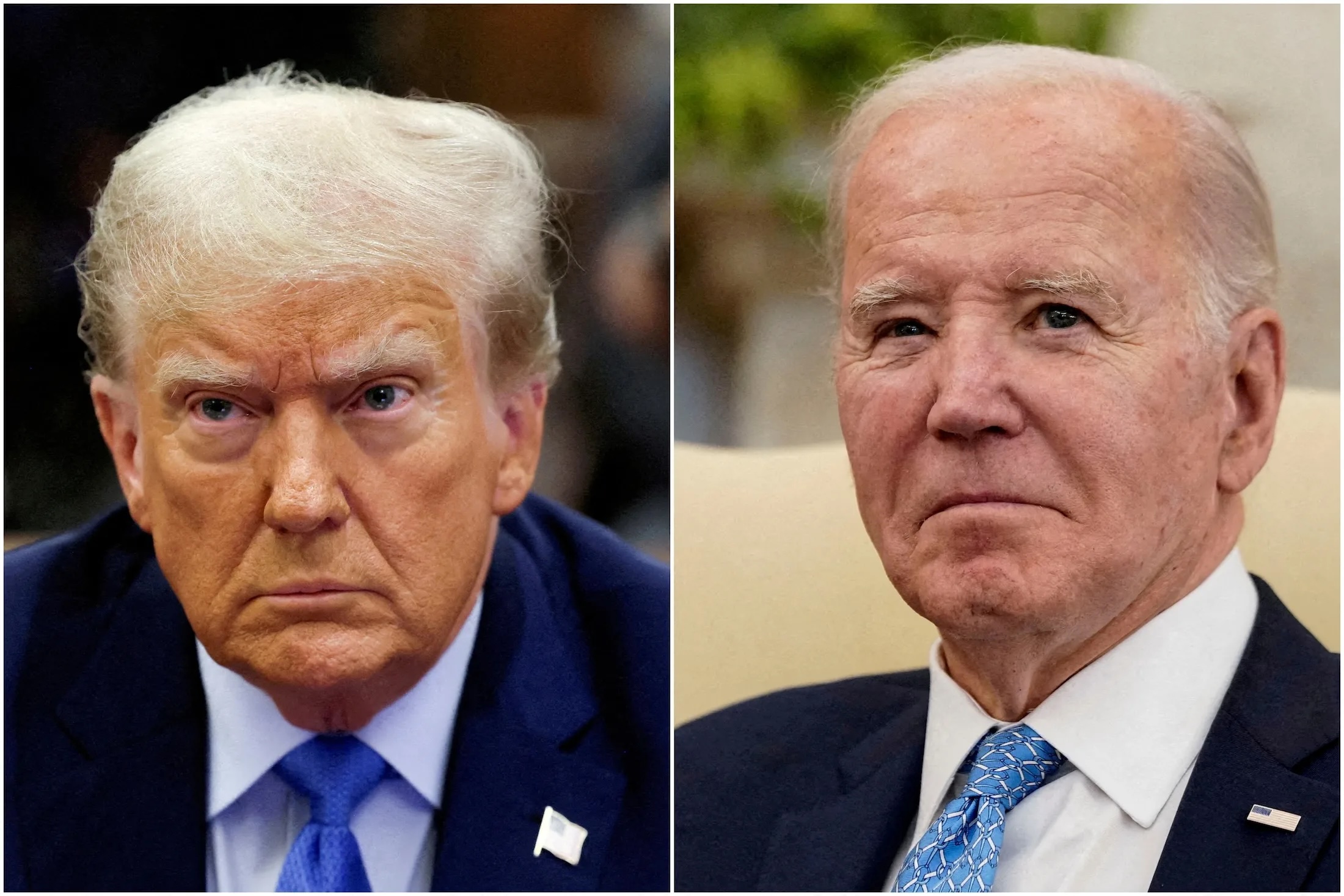Should the World Prepare for Trump? A Deep Dive into the 2024 US Presidential Election

The 2024 US Presidential Election is shaping up to be one of the most consequential in recent history, with significant global implications. As the race heats up, the world is watching closely, particularly given the potential return of former President Donald Trump to the White House. Here’s a detailed look at the election process, key presidential debates, international reactions, and how ongoing geopolitical issues are influencing the election.
The Election Process
The US presidential election process is a complex and multi-stage affair. It begins with primary elections and caucuses in each state, where the two major political parties—Democratic and Republican—select their nominees. This is followed by the party conventions, where the nominees are officially endorsed. The general election campaign then kicks off, culminating in Election Day, held on the first Tuesday after the first Monday in November. In 2024, this falls on November 5.
Voters cast their ballots not directly for a candidate but for a slate of electors, who then vote in the Electoral College. To win the presidency, a candidate must receive a majority of electoral votes—at least 270 out of 538.
Presidential Debates
Presidential debates are a critical component of the election process, providing voters with a direct comparison of the candidates' policies and personalities. The 2024 debates are expected to cover a wide range of issues, from domestic policy and the economy to foreign affairs and national security.
If Trump secures the Republican nomination, his performance in the debates will be closely scrutinized. Known for his combative style and unorthodox approach, Trump’s presence in the debates would likely generate significant media attention and public interest. His Democratic opponent, whether incumbent President Joe Biden or another candidate, will need to prepare for a confrontational and unpredictable debate stage.
International Leaders’ Comments on the US Election
The US presidential election is not just a domestic affair; it has far-reaching implications for global politics. World leaders have already started commenting on the potential outcomes of the 2024 election.
- European Union: EU leaders have expressed concerns about the potential return of Trump, citing his previous administration’s confrontational approach to NATO and trade policies. They are hopeful for continued cooperation on issues like climate change and international security under a Biden administration.
- Ukraine: With the ongoing war in Ukraine, the election’s outcome could significantly impact US support for Kyiv. Ukrainian President Volodymyr Zelensky has stressed the importance of continued US assistance, which has been crucial in their fight against Russian aggression.
- China: Beijing is closely monitoring the election. Trump’s hardline stance on China, including the trade war and policies on technology and human rights, contrasts sharply with Biden’s more measured approach. A Trump victory could signal a return to heightened tensions.
- Russia: The Kremlin has shown a preference for Trump, viewing him as less predictable and more prone to disrupting Western alliances. Russian interference in US elections remains a concern, with potential efforts to sway the outcome in favor of Trump.
- India: India’s leadership maintains a strategic partnership with the US, irrespective of the administration. However, Prime Minister Narendra Modi has had a notably warm relationship with Trump, which could influence India’s preference.
The Ukraine War and the US Election
The war in Ukraine remains a pivotal issue in the 2024 election. US policy on the conflict could shift dramatically depending on the election’s outcome. Biden’s administration has provided substantial military and financial support to Ukraine, framing it as a fight for democracy against authoritarianism.
In contrast, Trump’s past comments suggest he might take a more isolationist stance, potentially reducing US involvement. This prospect worries not only Ukraine but also NATO allies who rely on US leadership in maintaining a unified front against Russian aggression.
China, Russia, and India's Thoughts on the US Election
- China: Beijing views the US election through the lens of strategic rivalry. A Trump victory could mean an escalation in the US-China trade war and increased tensions over Taiwan, the South China Sea, and human rights issues. Conversely, China might prefer Biden’s approach, which combines competition with engagement on global challenges like climate change.
- Russia: Russia’s government has historically favored Trump, seeing his administration as an opportunity to weaken Western unity and NATO. Russian media and political analysts have suggested that a second Trump term could lead to a more favorable environment for Russia’s geopolitical ambitions.
- India: India values its relationship with the US, seeing it as essential for balancing China’s influence in the region. While Modi had a strong personal rapport with Trump, India has also enjoyed a stable and cooperative relationship with the Biden administration, particularly on defense and trade. India is likely to adapt its strategy based on the election’s outcome, ensuring continued strong ties with the US.
The 2024 US Presidential Election is not just a pivotal event for America but a significant moment for the world. The potential return of Donald Trump to the White House raises questions about the future of US foreign policy, international alliances, and global stability. As the election unfolds, international leaders and global citizens alike will be closely watching, preparing for the outcomes and implications of this critical democratic exercise.
US Presidential Election Donald Trum



![From Kathmandu to the World: How Excel Students Are Winning Big [Admission Open]](https://nepalaaja.com/img/70194/medium/excel-college-info-eng-nep-2342.jpg)
